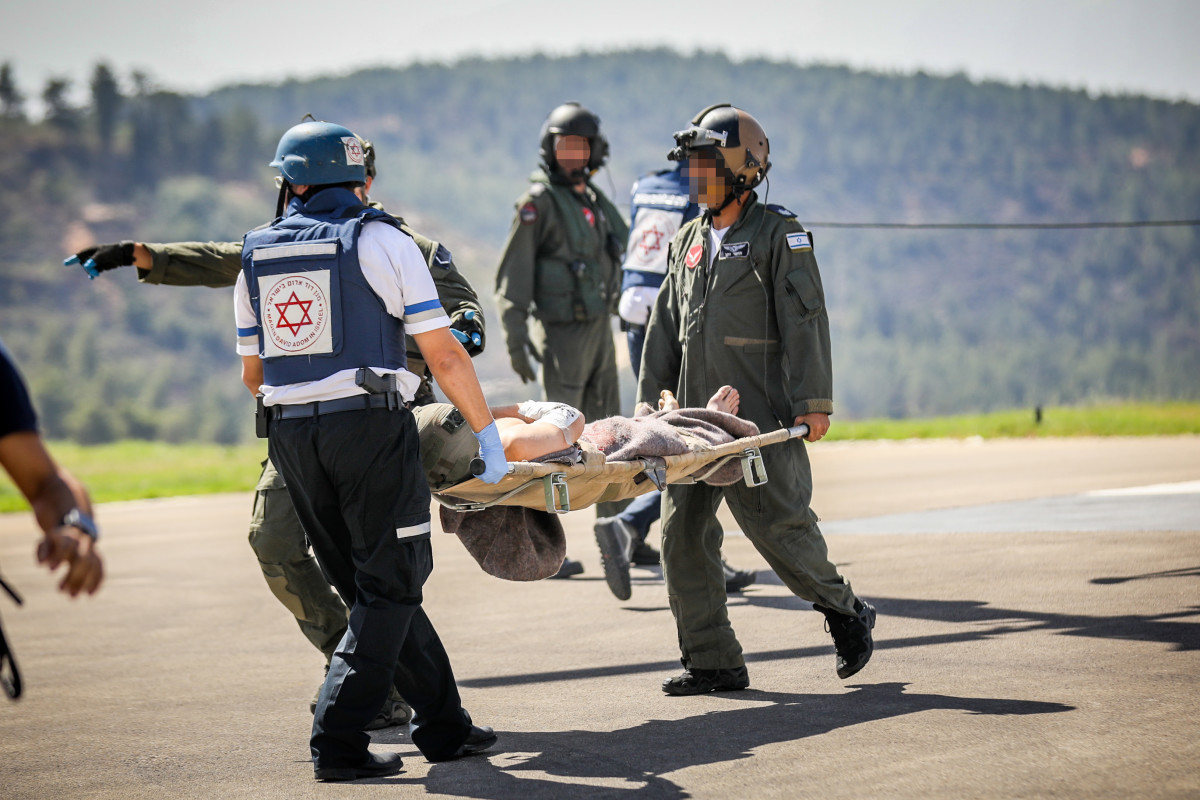500 days have passed since the outbreak of the Iron Sword War on October 7, and up-to-date data from the Defense and IDF Rehabilitation Division, which came to “Maariv” presents a serious picture of the volume of casualties and the heavy price paid by IDF fighters, reserve and security forces.
Since the beginning of the battles, 846 fighters and security forces have fallen. Alongside this, 15,000 were injured in varying degrees-8,600 of which were physically injured, and another 7,500 faced with mental vulnerability including post-trauma, anxiety, depression and adaptation disorders. Of all the casualties, 7% are women and 93% are men.
Segmenting the data according to the types of forces that have been affected up that 66% of the wounded are reserve soldiers, 17% are regular service soldiers, and 10% are police forces who took part in fighting. In terms of age ranges, 51% of casualties are young ages 18 to 29, 30% of which are 30 to 39.
Another figure indicating the power of battle is that since the beginning of the war, 1,500 fighters were injured twice and returned to fighting despite their injuries. Some physically injured in the first stage of fighting, treated, and returned to the battlefield, just to get hurt again. Others suffered mental injuries but did not give up, returned to fight, and were hit again.
The last state comptroller report, which was published only a week ago, presents an alarming picture of the mental implications of the war on all citizens of Israel. Develop depression, anxiety and post-trauma symptoms.
The auditor warned that the state was not prepared for the treatment of many mental victims and that it was already evident in the mental health system, with long waiting lists for psychological and psychiatric treatment.
While the physical injured are forced to undergo prolonged rehabilitation processes of surgeries, physical therapy and advanced medical treatments, the injured with mental vulnerability is forced to deal with an equally complex reality. Mental health experts warn that in the coming years a sharp increase in the scope of fighters and citizens suffering from the mental implications of the war, and their treatment is expected to become one of the greatest challenges of the health and welfare system in Israel.
